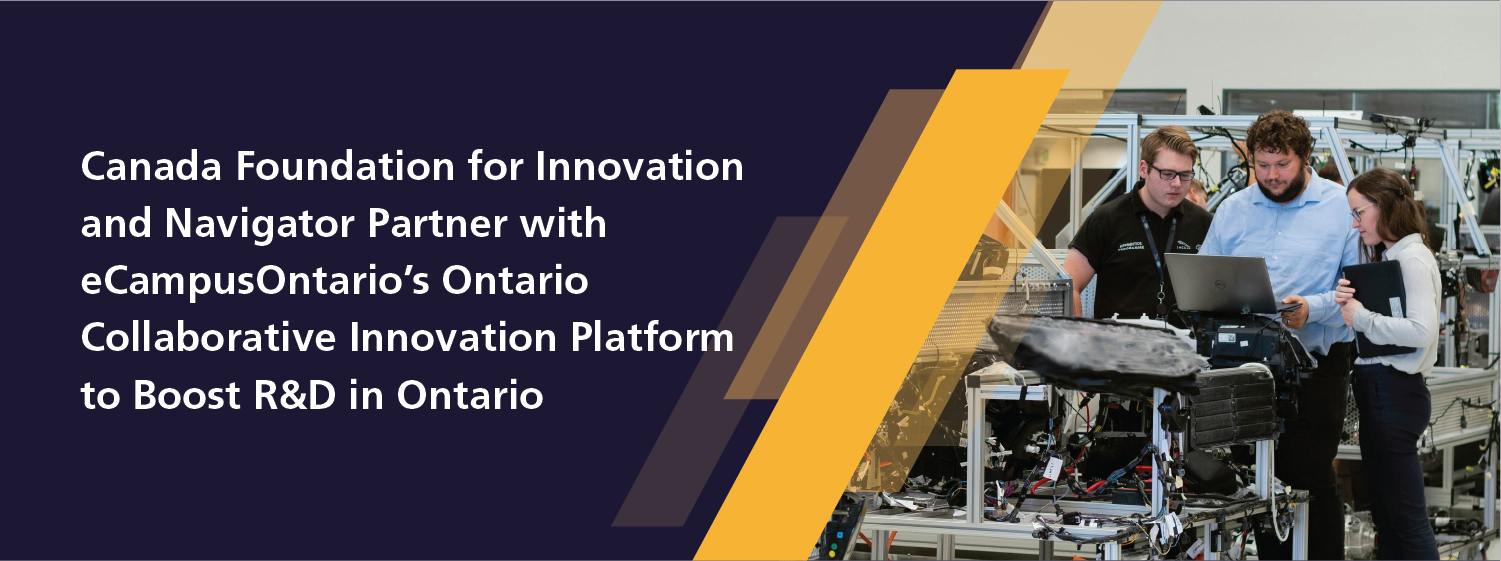
Warning: Undefined variable $post in /var/www/html/rc-ecampus.ecampusontario.ca/wp-content/themes/ecampusontario/functions.php on line 183
Warning: Attempt to read property "ID" on null in /var/www/html/rc-ecampus.ecampusontario.ca/wp-content/themes/ecampusontario/functions.php on line 183
4 min. Read
Micro-certification business models in higher education
In November 2019, eCampusOntario released an RFQ for an environmental scan of national and international micro-certification business models. The contract was awarded to Don Presant, Chief Development Officer of Learning Agents. Read his guest post about his research below.
By Don Presant
Chief Development Officer, Learning Agents
In today’s fast-changing workforce, employers and academic institutions who are concerned about successful transition to the workplace and ongoing career success are paying more attention to “future ready” employability skills for graduating and returning students. Employability skills are best viewed as “T-shaped,” where “deep” specialty skills provide the updatable vertical axis and “broad,” cross-domain human skills provide the enabling horizontal axis.
Post-secondary education (PSE) has always been a great place to holistically build the “T,” but students and employers often wish that PSE programs could be a lot more granular, competency-based and flexible, for employability “top-ups” before and after graduation. In response, institutions around the world are responding with more agile modular programs, work-integrated learning opportunities and competency-based assessments, all increasingly recognized by micro-certifications.
Here in Canada, innovation in these flexible learning and recognition practices has been somewhat hampered by lack of consensus over the goals, methods and even the terms used to describe the digital credentials and micro-certifications.
eCampusOntario has taken a systems approach to this issue, using a variety of methods to break the ice, including the Micro-certification Principles and Framework, funded cross-sectoral pilots, a blockchain-based issuing platform, an open badge passport platform as a recognition hub and community consensus events like the annual Micro-certification Forum.
The forthcoming Micro-certification Business Models for Higher Education report is an integral piece of eCampusOntario’s strategy: a scan of exemplary global practice to inspire Ontario institutions to build their own micro-certification initiatives and help encourage the development of a shared recognition ecosystem in the province.
A desire to inspire
The report identifies and structures international practices in accessible ways that will enable Ontario institutions to see where they can fit in a recognition ecosystem and how they can start their own successful, sustainable initiatives. As such, it is designed to be representative, not exhaustive, and it focuses on digital credentials for portable recognition rather than course or program gamification. And “business models” does not necessarily mean “user pay.” It can simply mean “institutional practice.”
This report is a “recognition of practice” through a combination of prior knowledge, desk research and interviews with leading international practitioners conducted by Learning Agents, whose expertise and connections in open badges and micro-credentialing dates back to 2012. Models were identified, validated and modified, with the help of the practitioners themselves.
Micro-certification business models and their dimensions
The centrepiece of the report is five clear models, supported by international examples:
- Solo Unit
This may be a single department or an externalized subsidiary
Example: Madison College Continuing Education / Digital Credentials Institute (US)
- Solo Institution
The initiative has begun as, or evolved to be, institution-wide
Examples: Royal Melbourne Institute of Technology (RMIT) (AU), Otago Polytechnic (NZ)
- Peer Consortium
A group of peer institutions with distributed or rotating leadership
Example: Réseau Badges Ouverts À Tous (B.O.A.T.) (FR)
- NGO Led
A centralized leader of grouped individual institutions
Examples: SURFnet (NL)
- Industry Led
A large employer, sector body, or key domain-specific skill provider (e.g. technology platform)
Example: IBM (Global)
These models and their dimensions provide an analytical framework for viewing current practice and mapping future initiatives.
Building recognition ecosystems in communities of practice
The report concludes with an emphasis on the importance of collaborative, co-creative and community-based approaches to building portable recognition ecosystems. At the regional level, this can mean community-based approaches to onboarding Ontario institutions and building consensus about recognition in the province. At the global level, it means reaching out beyond Ontario to international institutions, initiatives and networks profiled in this document, through personal communications, webinars, visits and exchanges, larger events and shared projects and frameworks.
After all, recognition is ultimately social – it empowers learners in communities. Technology is just the tool. So, let’s use our practice communities to develop our understanding of how to recognize our learners.
Join Don’s webinar on April 16, 2020 at 12 PM EST to learn more about business models in practice.



